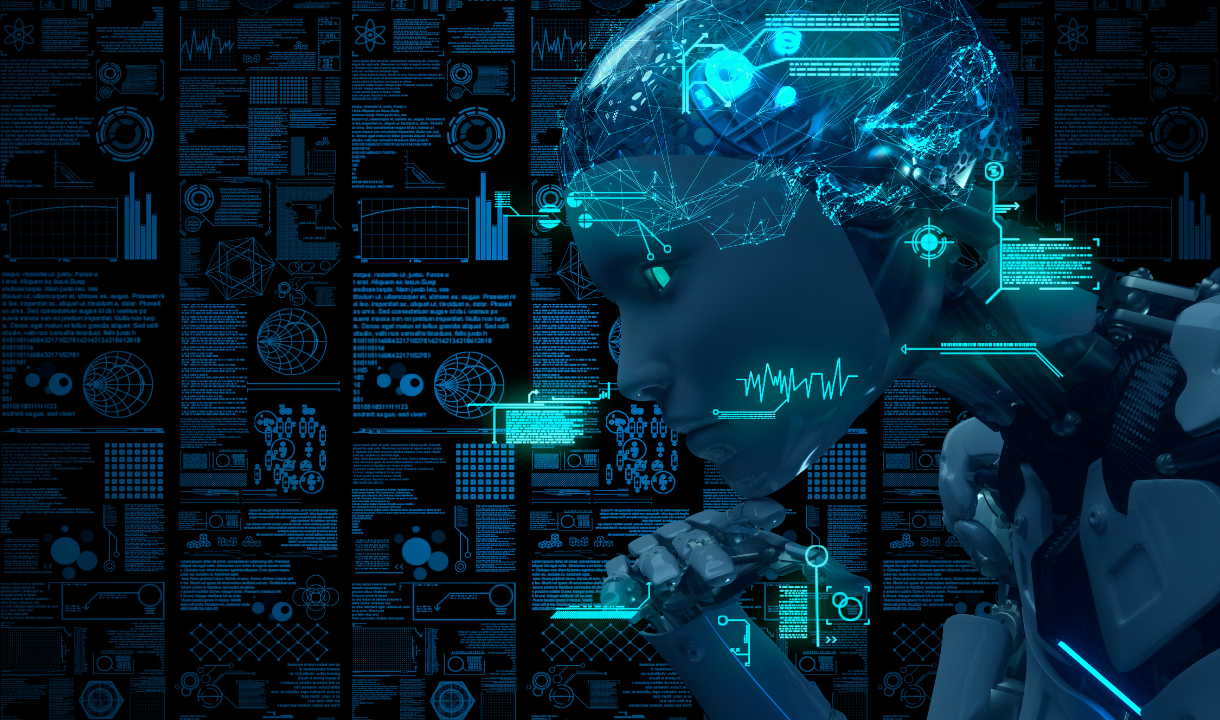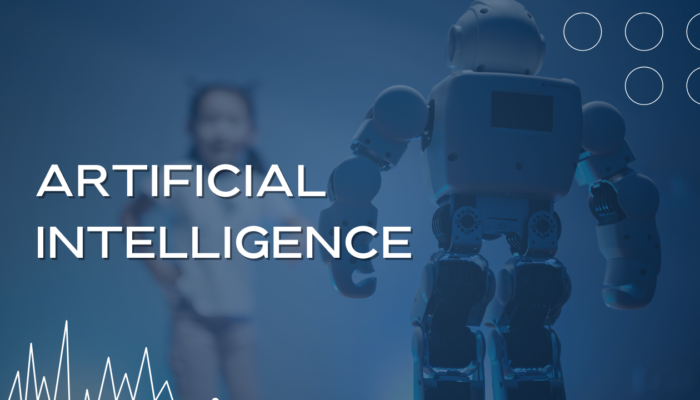Transparent practices, such as openly sharing data and algorithms, can help stakeholders understand how AI operates and identify potential biases or errors.
Bias in AI Systems
Bias in AI systems can arise from various sources, including biased training data, algorithmic design choices, and human biases encoded into algorithms.
Addressing bias requires proactive measures such as diverse and representative training data, regular bias audits, and algorithmic fairness assessments.
Privacy Concerns
The widespread adoption of AI raises significant privacy concerns regarding the collection, use, and sharing of personal data.
AI systems often rely on large datasets to train and improve their performance, raising questions about data privacy, consent, and surveillance.
Safeguarding privacy rights while harnessing the benefits of AI requires robust data protection laws and privacy-enhancing technologies.
Impact on Employment
AI-driven automation has the potential to reshape the workforce, leading to job displacement in certain sectors while creating new opportunities in others.
The rise of AI-powered technologies such as robotics and machine learning may require policymakers to reevaluate education and labor policies to ensure a smooth transition for workers.
Regulations and Governance
Effective regulations and governance frameworks are essential for guiding the responsible development and use of AI.
Governments, industry stakeholders, and civil society must collaborate to establish clear guidelines, standards, and oversight mechanisms to address ethical concerns and prevent AI misuse.
Ethical AI Design
Embedding ethics into the design and development of AI systems is crucial for minimizing harm and promoting beneficial outcomes.
Ethical AI design involves incorporating ethical principles and values into every stage of the AI lifecycle, from data collection and model training to deployment and monitoring.
Future Outlook
As AI continues to advance, it is imperative that we prioritize ethical considerations to ensure that technology serves the greater good.
By fostering interdisciplinary collaboration, promoting transparency, and upholding ethical standards, we can harness the transformative potential of AI while safeguarding against its unintended consequences.
Conclusion
In conclusion, navigating the ethical complexities of artificial intelligence requires a delicate balance between innovation and responsibility.
By addressing ethical dilemmas, promoting accountability and transparency, and prioritizing the well-being of individuals and society, we can steer AI development towards a more ethical and sustainable future.
FAQs (Frequently Asked Questions)
- What are the main ethical concerns surrounding artificial intelligence? Ethical concerns in AI include bias, privacy violations, job displacement, lack of transparency, and accountability.
- How can bias in AI systems be mitigated? Bias in AI systems can be mitigated through diverse and representative training data, algorithmic fairness assessments, and regular bias audits.
- What role do regulations play in shaping the development of AI? Regulations play a critical role in guiding the responsible development and use of AI by establishing clear guidelines, standards, and oversight mechanisms.
- How can individuals protect their privacy in an AI-driven world? Individuals can protect their privacy by being cautious about sharing personal data, advocating for strong data protection laws, and using privacy-enhancing technologies.
- What steps can organizations take to ensure ethical AI design? Organizations can ensure ethical AI design by embedding ethical principles into every stage of the AI lifecycle, promoting transparency, and fostering interdisciplinary collaboration.







